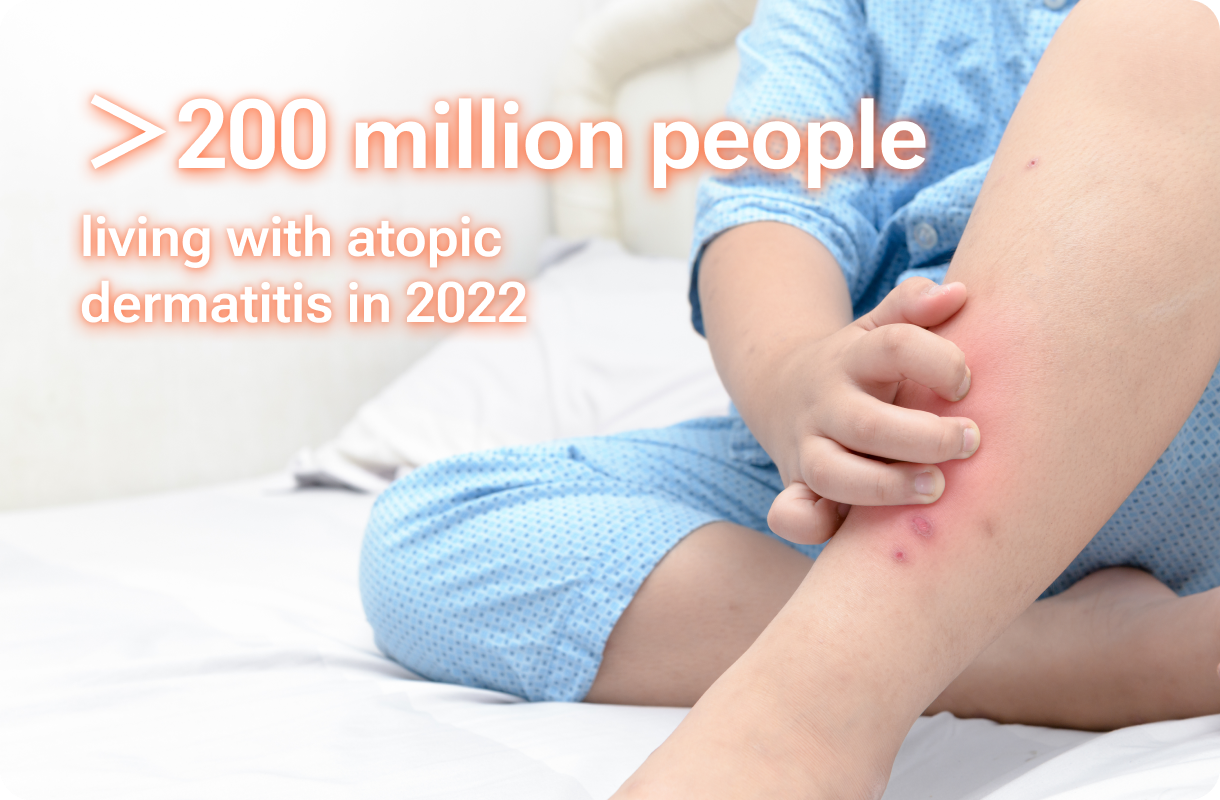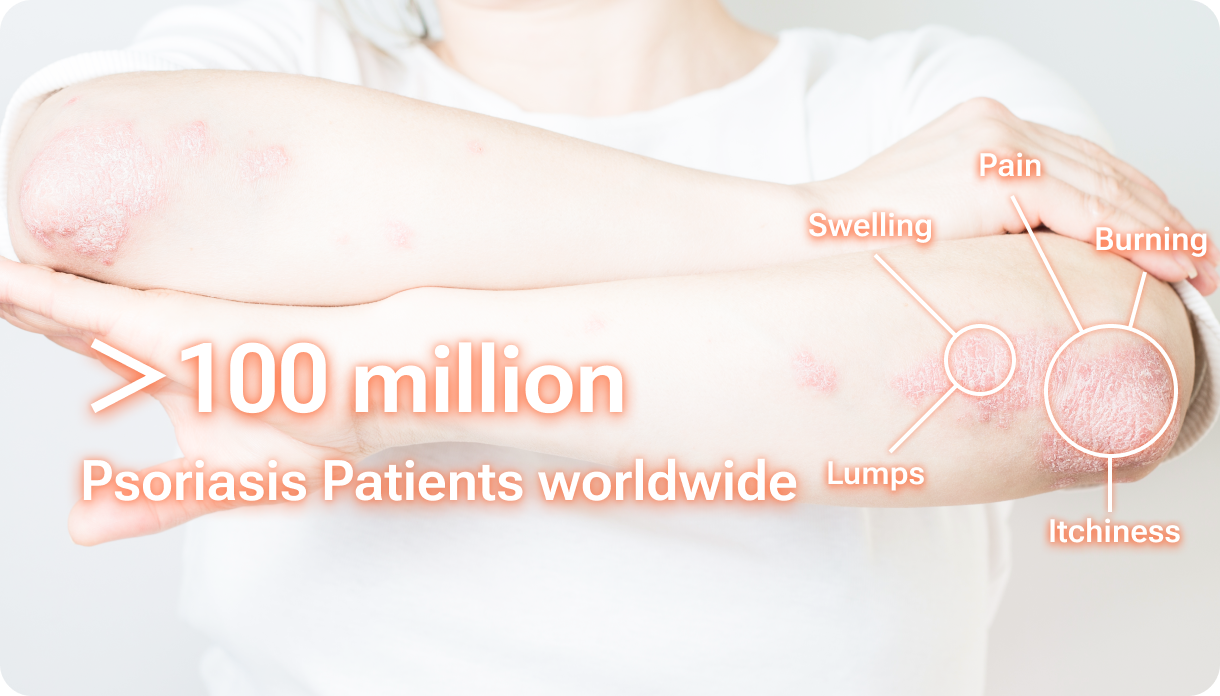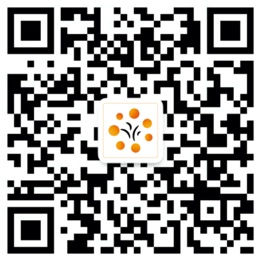A Potential Blockbuster
TYK2 is a member of the JAK kinase family, which is an important kinase on the JAK-STAT signaling pathway, playing an
important role in the pathogenesis of T-cell inflammatory diseases.

• ICP-332 demonstrated an outstanding efficacy and safety profile. ICP-332 achieved multiple efficacy endpoints in the 80 mg QD and 120 mg QD dosing groups respectively, including the percentage change in Eczema Area and Severity Index (EASI) score from baseline, EASI 50, EASI 75, EASI 90, etc.
• The mean percentage change from baseline of the EASI score reached 78.2% and 72.5% at the 80 mg QD and 120 mg QD groups respectively, compared to 16.7% for the patients receiving placebo. The percentages of patients achieving at least 75% improvement in EASI 75 were significantly higher in the ICP-332 80 mg QD (64.0%, p<0.0001) and 120 mg QD (64.0%, p<0.0001) groups than that of placebo (8.0%), which are better than the reported efficacies of multiple approved innovative drugs treated for 12 weeks or 16 weeks (not a head-to-head comparison).
• ICP-332 was safe and well tolerated in AD patients, similar to placebo.
as an Oral TYK2-JH2 Inhibitor
signal transduction of IL-23, IL-12, type 1 IFN and other inflammatory cytokines, thereby inhibiting the pathological
process of autoimmune and inflammatory diseases.
• InnoCare has completed the patient enrollment of the Phase II study of ICP-488 with psoriasis patients.
•The Phase I trial has been completed, with preliminary efficacy assessed in psoriasis patients. The least-squares mean percentage change from baseline in the Psoriasis Area and Severity Index (PASI) score indicated preliminary significantly difference between the ICP-488 6 mg once-daily dosing group and placebo group at week 4 (38% vs 14%, p=0.0870). PASI 50 assessments demonstrated a 42% improvement with treatment of ICP-488 at 6 mg QD.
• The TRAE rate was the same between the ICP-488 arm and placebo arm.











